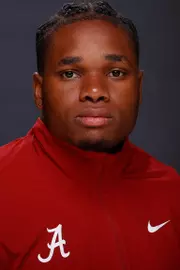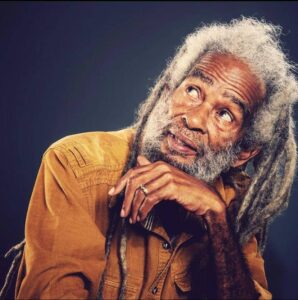PM, beware the danger of attacking the media
PRIME Minister Andrew Holness is obviously trying to wiggle his way out of the pickle in which he and his ruling Jamaica Labour Party (JLP) have found themselves with the media.
We take the prime minister at his word that his Government is committed to having a free press and to ensuring that journalists are allowed to do their jobs without fear.
But having made this commitment on Wednesday in an address to the Private Sector Organisation of Jamaica, Mr Holness will convince us further of his sincerity by saying the very same things at his upcoming campaign rallies. For it is in those fora — where blinkered, overzealous supporters hang on to every word of their political masters — that that kind of message needs to be spread.
This newspaper has never felt that it is above criticism, especially from politicians and other public officials who take the brunt of our animadversion. We believe we speak for other media houses. It’s par for the course.
What we have an issue with, however, is the reckless use of a political platform to target journalists, knowing fully well how polarised Jamaica still is when it comes to matters of politics.
We well recall the 2007 election campaign when colleague journalists Cliff Hughes and Emily Crooks at Nationwide Radio received death threats after that station reported the results of opinion polls showing the then Opposition JLP with a constituency by constituency lead over the then governing People’s National Party (PNP).
At the time, Mr Hughes told us that the death threats started immediately after Mr Donald Buchanan, the PNP general secretary then, lambasted Nationwide on a political platform in Lacovia, accusing the station of bias and reporting lies.
In that campaign as well, an angry PNP supporter tried to smash the windshield of an occupied marked Observer car at a campaign rally in St Mary a few days after Comrades were told from a campaign stage that the media were trying to influence Jamaicans to dislike the PNP president and then prime minister, Mrs Portia Simpson Miller.
To his credit, Mr Harry Douglas, a PNP parliamentarian at the time, apologised to the Observer for what he described as “vulgar and abusive behaviour”.
His remorse, however, did not seem to have been shared by his leader who, days later, went onto a campaign platform in Mandeville and accused one television station of giving the JLP more airtime than the PNP in its election coverage.
Mrs Simpson Miller also accused the TV station of showing only JLP speakers whenever that party had a small crowd, but kept their camera focused only on her whenever she drew a large crowd.
Television coverage, it appears, is cherished, as we are now seeing the JLP complaining that one of their ads is not being shown by TVJ. At the same time, Mr Holness has accused the station of bias in one of its reports and seems to be suggesting that it is making heavy weather of factual errors in his address in Mandeville on Sunday night.
In the past, both the PNP and the JLP have marched on The Gleaner and the Observer respectively, and we recall a former PNP parliamentarian standing up in the Lower House and accusing this newspaper of being a mouthpiece for the National Democratic Movement simply because we dared to give that party coverage.
Jamaica has made great strides in reducing election-related violence. We should not have to spell our here the grave dangers of reversing those gains.















